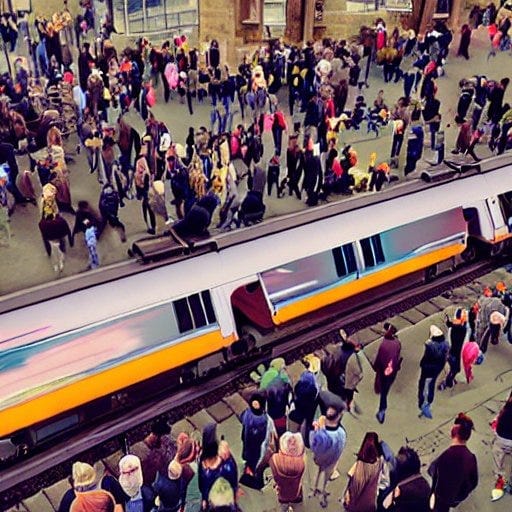Is public Wifi safe?
Is public Wifi safe?
I recently wrote about the "padlock" icon you get in your browser - and how it means that you're on an SSL site.
One thing that Google is doing is marking out non-SSL websites as "insecure".
But why are they doing this?
If you're sat at home on your private Wifi network, then you should be OK.
But if you're in a cafe, or at a hotel, where they you connect and then they ask you for your email address, it might not be so safe.
You see those Wifi networks are not encrypted. Which means that anyone connected to the same network can "sniff" (that's a technical term) any traffic you send over that network.
But, if you're connected to an SSL site (with a padlock in the address bar) then you're still safe - because your connection to the network might not be encrypted, but your connection to the site is. So even if someone is sniffing your what you're sending (what a lovely phrase) they can't see what's in there (OK, that sentence took a turn for the worse).
All of which is a long way of saying - always use Secure Sites.
Take Action: check your website by typing its address into the address bar of your browser. Type it out in full - as https://mysite.com - does the padlock appear? Then try it again as http://mysite.com (without the S at the beginning). Does the padlock appear this time?




